Key Takeaways
- GPS trackers can work with or without internet, depending on the type and use case.
- Real-time GPS trackers use internet connectivity for instant location updates and alerts.
- Offline GPS trackers store location data internally and are ideal for remote or low-signal areas.
- Choosing the right GPS tracker depends on your needs, such as live tracking, battery life, and coverage.
- Understanding GPS tracker connectivity helps ensure accurate tracking and a better user experience.
Table of Contents
A Guide on GPS Functionality and Connectivity
A GPS tracker does not always need an internet connection to work. It uses signals from satellites to determine its exact location on Earth. However, most GPS trackers use cellular networks or Wi-Fi to send their location to another device or a mobile app in real time. This is where GPS tracker connectivity is important. Devices that support real-time tracking usually come with a SIM card to enable GPS data transmission over the internet.
Some GPS trackers without internet can still function by storing location data internally. These are ideal for offline GPS tracking in remote areas without network coverage. The data can be downloaded later for review. Understanding the difference between real-time and offline tracking helps in selecting the right device based on specific GPS tracking requirements. A GPS tracker with a SIM card is useful for live monitoring, while offline models are better suited for situations where constant connectivity is not available.
Understanding GPS Tracking Technology
A GPS tracker is a device that uses signals from satellites to determine its exact geographic location. These devices are commonly used for tracking vehicles, people, pets, shipments, or equipment. Understanding how a GPS tracker works and the different types available is essential to knowing how it handles GPS data transmission and its connectivity requirements.
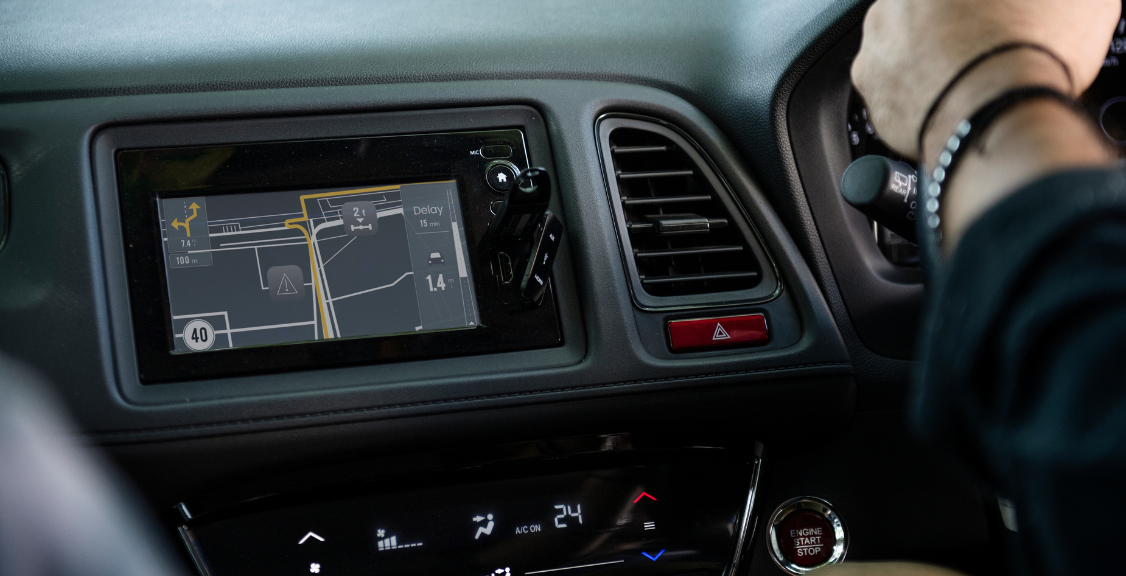
Essential Functions and Features of GPS Trackers:
- Uses signals from at least four satellites to pinpoint location through triangulation.
- Records coordinates including latitude, longitude, speed, and altitude.
- Sends location data to a server or app via cellular networks or stores data internally.
- Some models include additional features like geofencing, movement alerts, and historical data logs.
- Classified into two main types based on GPS tracker connectivity –
- Real-time GPS trackers (with SIM cards, which require internet access)
- Offline GPS trackers (without internet, store data locally)
The main function of every GPS tracker is to locate. What differs is how that location data is accessed and shared. Real-time trackers use internet-based GPS tracking for continuous updates, while offline models focus on data logging for later review. Both types serve important parts depending on specific GPS tracking requirements.
Types of GPS Trackers and Their Connectivity Requirements
There are two primary categories of GPS trackers based on how they handle GPS data transmission – those that require internet connectivity for real-time tracking, and those that work offline by storing data internally. The difference in GPS tracker connectivity affects how and when you access location information. Each type has specific use cases, depending on the environment, signal availability, and tracking goals.

GPS Trackers That Require Internet (Real-Time Tracking):
- Equipped with a SIM card for cellular network access (2G, 3G, 4G, 5G).
- Continuously sends location updates to a mobile app or web dashboard.
- Ideal for tracking vehicles, logistics fleets, children, or elderly family members.
- Offers real-time features like live map updates, route history, and instant alerts.
- Needs stable internet or mobile data coverage to function properly.
- Dependent on data plans or monthly subscriptions for full functionality.
GPS Trackers That Work Offline (Data Logging / Offline Tracking):
- No SIM card or cellular module; does not transmit data in real-time.
- Records location points internally on the device (internal memory or SD card).
- Data is retrieved manually via USB or Bluetooth connection after the tracking period.
- Useful for hiking, wildlife tracking, remote area navigation, and asset security.
- Functions without any internet or mobile signal, ideal for rural or isolated areas.
- No monthly fees or data usage, making it cost-effective for certain use cases.
Each type of tracker serves a different purpose. For users needing real-time tracking, internet-enabled trackers provide instant location updates via a GPS tracker with SIM card features. For users in off-grid locations or those who do not need live data, GPS trackers without internet offer reliable offline GPS tracking and long-term data logging without relying on connectivity.
The Pros and Cons of Internet-Based GPS Trackers
Internet-based GPS trackers are designed for real-time monitoring and are widely used for personal safety, fleet management, and asset tracking. These devices rely on cellular networks to transmit data instantly, making them highly effective in environments where continuous visibility is necessary. Using a GPS tracker with a SIM card, users can track movement, receive alerts, and access detailed reports from anywhere using an app or web interface.
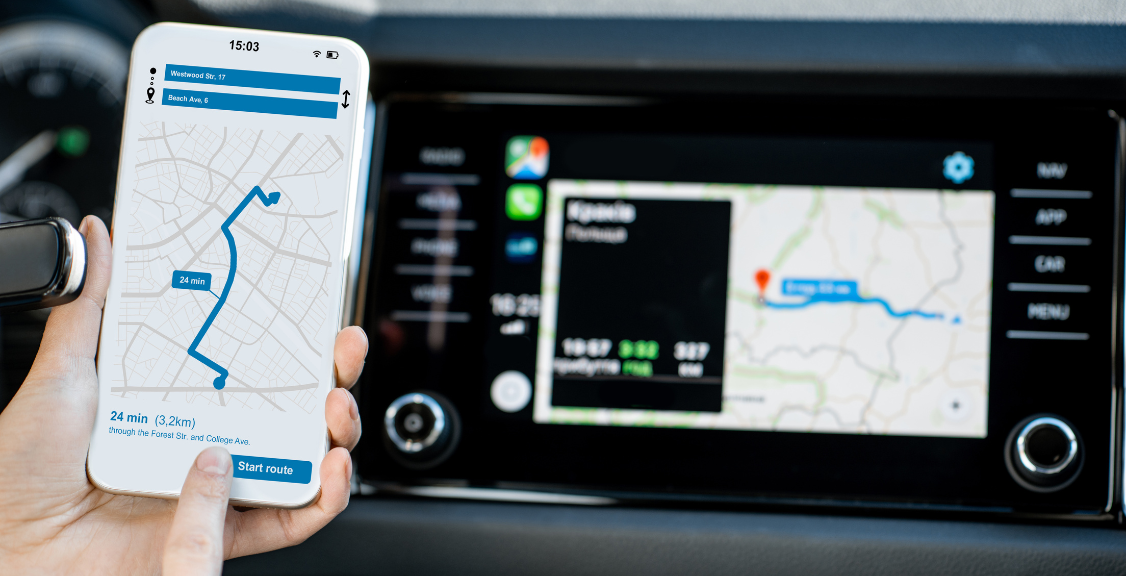
Advantages of Internet-Based GPS Trackers:
- Real-Time Tracking – Provides live location updates, allowing users to monitor movement every few seconds.
- Instant Alerts and Notifications – Sends immediate alerts for speeding, entry/exit of geofenced areas, or unauthorized movement.
- Remote Monitoring – Location data is accessible from smartphones, tablets, or computers.
- Cloud-Based Reports – Automatically stores tracking history and activity logs online for easy review.
- Two-Way Communication (in some models) – Useful for talking with drivers or family members through built-in speakers.
Disadvantages of Internet-Based GPS Trackers:
- Network Dependence – Requires stable cellular coverage for real-time data transmission; weak signals can disrupt tracking.
- Ongoing Costs – Often requires a monthly subscription for SIM card data plans or cloud services.
- Battery Drain – Continuous data transmission consumes more power, leading to shorter battery life.
- Privacy Concerns – Always-on connectivity can raise concerns about data security and unauthorized access.
Internet-enabled GPS trackers offer maximum functionality, especially for users who need fast, accurate location information and the ability to monitor movements remotely. They are suitable for modern tracking needs, but their reliance on GPS tracker connectivity and cellular networks means they are best used in areas with a reliable signal and where real-time visibility is required.
The Pros and Cons of Offline GPS Trackers
Offline GPS trackers are ideal for users who do not require real-time updates but need to capture location data in areas with no internet access. These devices store location information internally on memory cards or internal storage. Once the tracking period is over, data can be manually retrieved and reviewed. Offline trackers are often used in remote areas, for personal tracking, or asset management in regions with weak or no cellular signals.
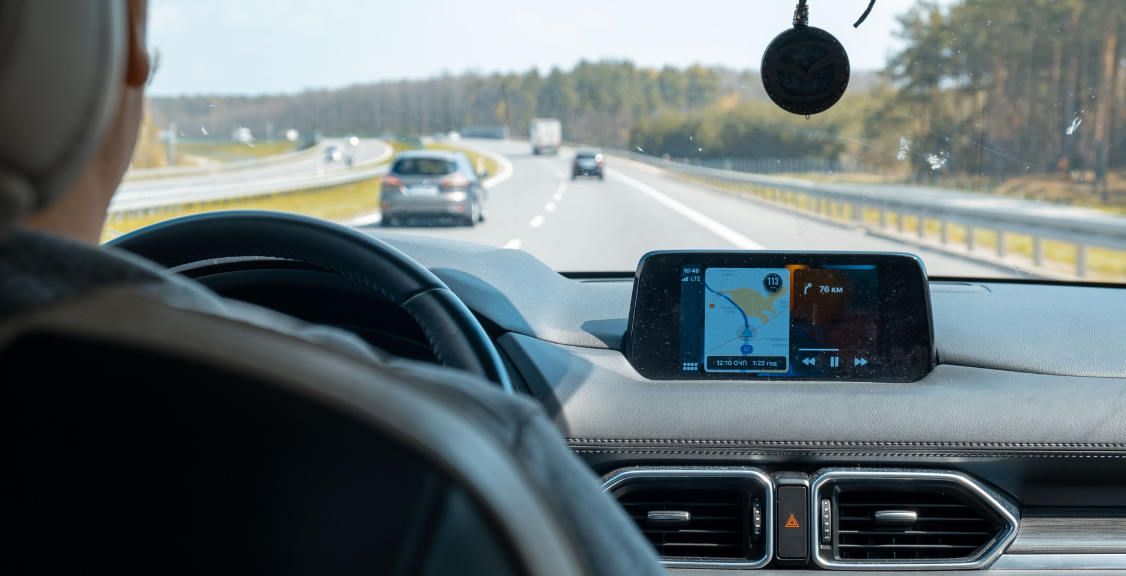
Advantages of Offline GPS Trackers:
- No Internet or Cellular Coverage Needed – Works in remote areas without cellular or Wi-Fi networks, making it ideal for off-grid tracking.
- Lower Power Consumption – Without the need for constant data transmission, offline trackers typically have longer battery life.
- Cost-Effective – Does not require data plans, subscriptions, or SIM cards, reducing ongoing expenses.
- Reliable in Remote Areas – Perfect for hiking, wildlife tracking, and long-distance travel where network access is limited.
- Simple Operation – Easy to use with fewer complexities and features, making them suitable for basic tracking needs.
Disadvantages of Offline GPS Trackers:
- Delayed Data Retrieval – Users must manually connect to the device to download location data after the tracking period.
- No Real-Time Alerts or Monitoring – Lacks live updates, meaning there is no way to monitor movements in real time.
- Limited Features – Does not offer advanced options like geofencing, instant notifications, or cloud-based reports.
- Data Logging Only – Only records and stores the GPS coordinates without offering live feedback on tracking status.
Offline GPS trackers are best for users who do not need constant tracking but still want reliable location data. These devices are great for offline GPS tracking in remote areas, providing cost savings and longer battery life. However, they come with the trade-off of delayed access to data and a lack of real-time monitoring capabilities.
How to Choose the Right GPS Tracker Based on Your Needs
Choosing the right GPS tracker depends on your specific needs, such as real-time tracking, long-term data logging, or use in remote areas. Understanding the different types of GPS tracker connectivity and features will help you find the best device for your purpose. Essential factors to consider include battery life, cost, and if you need GPS data to be transmitted through the internet.
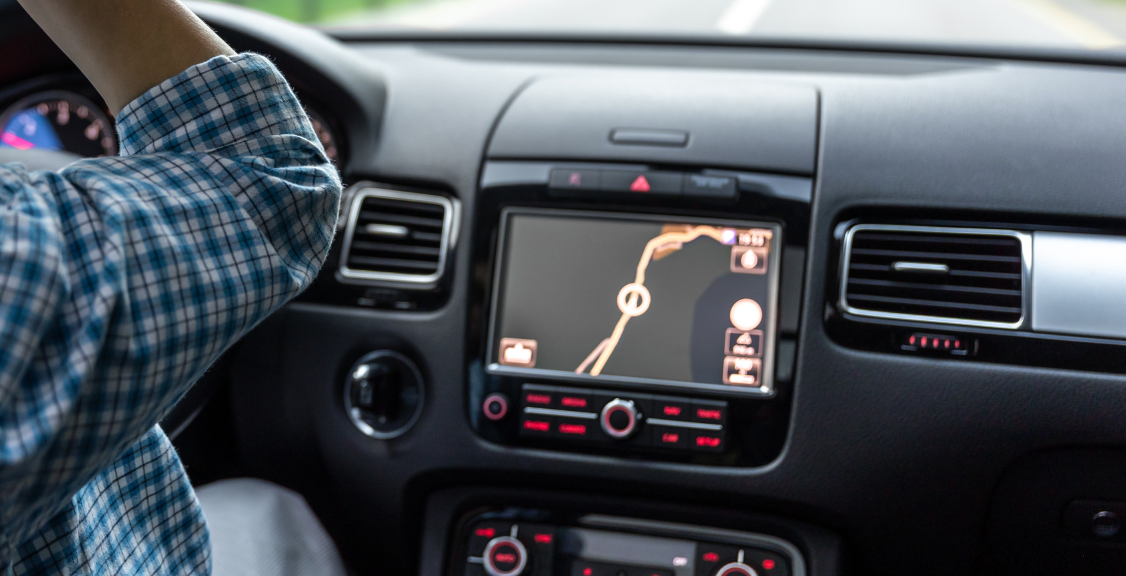
Factors to Consider When Choosing a GPS Tracker:
- Real-Time Tracking Needs – If you need continuous updates on location, an internet-enabled GPS tracker with SIM card connectivity is essential.
- Remote Locations – For tracking in areas without cellular coverage, an offline GPS tracker is the best choice for offline GPS tracking.
- Battery Life – Consider whether you need a tracker with long battery life for extended periods or one that needs regular charging.
- Cost – Real-time trackers often come with ongoing subscription fees for cellular data or cloud services, while offline trackers have no such costs.
- Ease of Use – Some trackers have advanced features like geofencing, while others are designed for basic, straightforward tracking.
- Security and Privacy – If privacy is a concern, an offline tracker may be a better choice since it does not send data continuously.
Choosing the right GPS tracker comes down to understanding how you plan to use it. For real-time tracking with alerts, a tracker requiring internet access is ideal. For longer trips, remote locations, or situations where you do not need live updates, an offline GPS tracker offers a reliable, cost-effective solution without the need for constant connectivity.
Choosing the Right GPS Tracker for Your Needs
GPS trackers are essential tools for tracking locations in real time or storing data for later use. These devices can work with or without an internet connection, depending on the type and purpose of the tracker. GPS trackers that require internet access rely on cellular networks or Wi-Fi to transmit data in real time, allowing users to track movement instantly, set up alerts, and access historical data from anywhere. These trackers are ideal for applications like vehicle tracking, fleet management, or monitoring loved ones. They offer the advantage of constant updates and remote monitoring, but they do require stable internet access and often come with ongoing data costs.
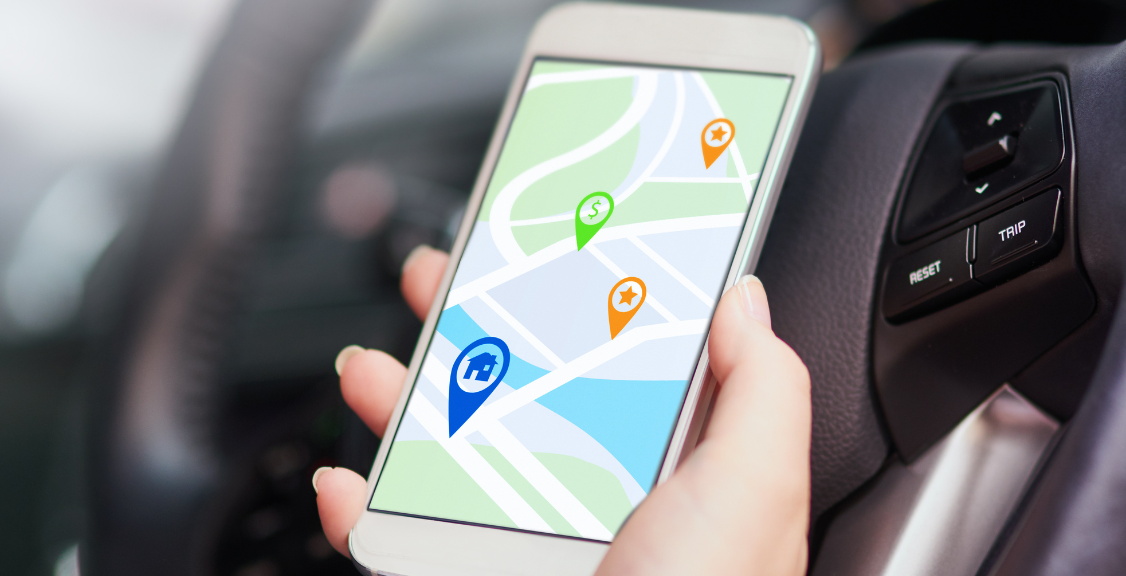
On the other hand, GPS trackers without an internet connection store data internally and do not transmit information in real time. These offline trackers are perfect for use in remote areas where cellular coverage is unavailable or unnecessary. While they do not offer live updates, they are reliable for long-term tracking and often have longer battery life since they don’t constantly transmit data. They are suitable for use in hiking, wildlife tracking, or monitoring valuable assets. Choosing the right GPS tracker comes down to your specific needs, including real-time tracking requirements, battery life, cost, and coverage area. Both types of trackers have their place, and understanding the differences will help you select the best device for your purposes.
Find the Best GPS Tracker for Your Needs
Geosavi provides expert guidance and high-quality GPS tracking solutions customized to your specific needs. Our team understands the importance of selecting the right GPS tracker, whether for real-time tracking or offline data logging. We ensure that each device we recommend aligns with your requirements, offering reliable performance, easy setup, and advanced features like geofencing and detailed reporting. With different options, including GPS trackers with SIM cards and offline models, we help you find the perfect fit for any environment. Trust our expertise to help you make an informed decision and optimize your GPS tracking experience.
Contact us today to discuss your needs, and we will help you choose the best GPS tracker for your situation.